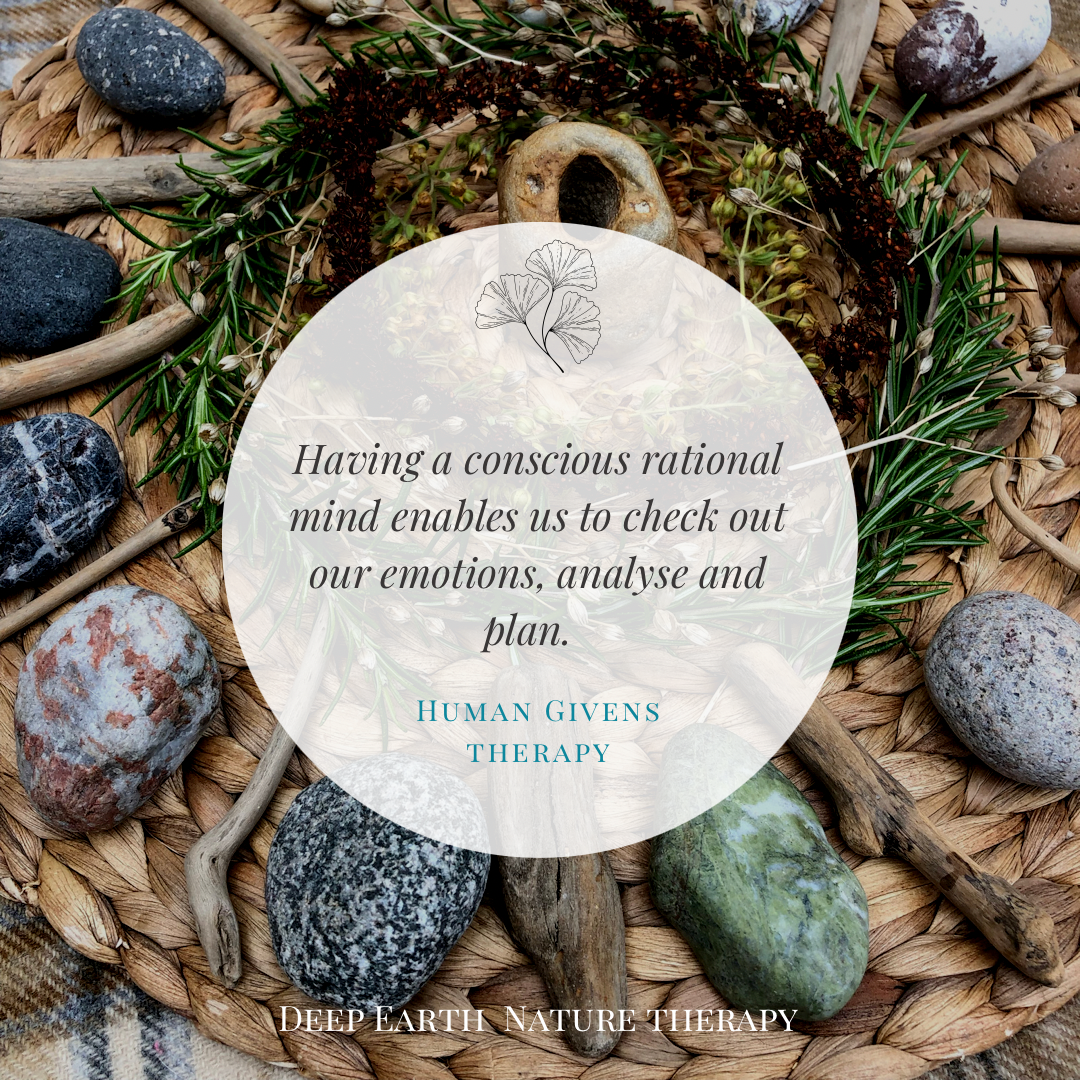What Are The Human Givens?
Every single one of us is born with essential physical and emotional needs and, if we are born healthy, the innate resources to help us fulfil those needs.
These essential needs have evolved over millions of years and are our common biological inheritance, whatever the circumstances or cultural background. It is because these important needs and resources are incorporated into our very biology that they became known as “human givens”. If these innate needs are not being met well enough in our lives we are vulnerable to mental health problems. Our innate needs seek their fulfilment though the way we interact with our environment using the resources nature ‘gave’ us. But when our emotional needs are not being well met or we are using our resources incorrectly we can suffer considerable distress and so can those around us.
We all know that we have physical needs – for food, water, warmth and shelter – which must be sufficiently met to enable us to survive and thrive. But people often don’t realise that certain emotional needs are just as crucial for both our mental and physical health. Decades of health and social research have revealed, for instance, that a sense of security, intimacy, social connection, status, autonomy and control, competence and achievement, and meaning and purpose are also vital, if we are to stay in good health and feel fulfilled in our lives. Our innate resources for helping us meet these needs include the ability to build rapport, empathise and connect with others; to learn, problem solve, remember and plan; to use our imaginations productively; and to step back and take an objective look at our circumstances. When any of our important needs is seriously unmet over a significant period or any of our resources is not made best use of, mental and physical ill health may develop.
This is why, when human givens practitioners work with people in mental distress, they look for what is missing in those people’s lives and seek ways to redress that, as well as teaching them important life-coping skills.
(adapted from Denise Winn "Human Givens Journal" Volume 18 - No. 4: 2011)

